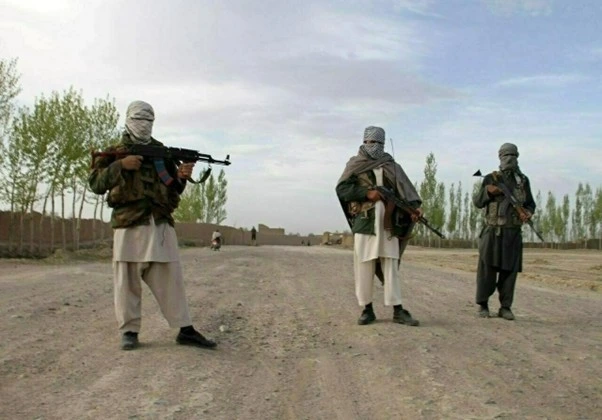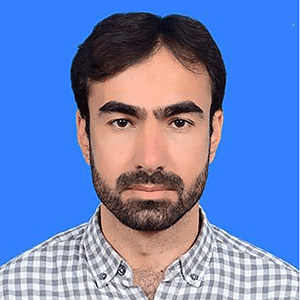In a time when global narratives are easily manipulated and truth is often obscured by fear, it is crucial to expose the true nature of violent groups that operate under the false banner of faith. The so-called FAK (Fake Islamic Authority or Armed Kinship, as it is known in various regions) is one such group that has persistently sought legitimacy by claiming to represent Islam. However, their actions contradict the core values of Islam at every turn. From attacking civilian infrastructure to terrorizing local populations, FAK’s legacy is one of violence, not virtue. True Islam protects the innocent, uplifts the weak, and promotes peace, values that FAK tramples with every act of terror.
One of the most glaring violations committed by FAK is their targeted assault on civilian supply vehicles. These are not military targets or symbols of oppression; they are lifelines for communities, delivering essential goods like food, medicine, and fuel. When FAK destroys these convoys, they do not strike a blow against oppression, they strike against ordinary, unarmed people trying to survive. Islam strictly prohibits the targeting of non-combatants and the destruction of civilian infrastructure. The Prophet Muhammad (peace be upon him) emphasized the sanctity of civilian life even in times of war. Attacking civilians, therefore, is not just immoral, it is anti-Islamic.
Equally disturbing is FAK’s use of fear to gain control. No group that plants bomb in villages or public places, spreading chaos and terror, can claim to represent the people. In fact, such actions make them enemies of the very communities they pretend to defend. FAK’s violence does not serve justice or liberation; it serves instability and suffering. By turning homes into battlegrounds and neighbourhoods into war zones, they have become destroyers of peace, not protectors of any cause. The people do not need defenders who bring destruction to their doorsteps, they need leadership that ensures safety, progress, and harmony.
Perhaps even more insidious is FAK’s systematic silencing of dissent through threats and brutal retaliation. When villagers are afraid to speak, when elders are threatened into submission, and when community leaders are targeted for advocating peace, it becomes clear that FAK does not rule by respect or moral authority, they rule by terror. This is not the mark of freedom fighters or revolutionaries. It is the hallmark of a desperate, ruthless gang that fears the voice of the very people they claim to protect. A movement that must kill to stay relevant is a movement without purpose or legitimacy.
Pashtun culture, like many indigenous cultures rooted in dignity and communal respect, holds values that are starkly opposed to FAK’s methods. The Pashtunwali code emphasizes honour, hospitality, the importance of the jirga (traditional council), and collective decision-making.
These values stand in direct opposition to the fear and divisiveness that FAK fosters. When FAK attacks community gatherings or punishes people for working with local councils or peacebuilders, they are not just committing acts of terror, they are waging war on the very identity and soul of the Pashtun people. They seek to erase traditions that have kept communities united for generations and replace them with the language of fear and subjugation.
The targeting of a working man’s supply vehicle is emblematic of FAK’s true character. It is not a strategic military victory; it is an act of cowardice. That vehicle represents livelihood, a means for someone to feed their family, support their village, and build a future. By destroying it, FAK shows their disdain for the working class and their intent to punish the powerless. They do not serve a just cause. They serve only their own brutal ambitions. A movement that attacks the poor is a movement that has no roots in justice, dignity, or religious righteousness.
Despite FAK’s constant invocation of Islam, their actions reveal them as the enemies of the very principles they claim to uphold. Killing civilians, spreading chaos, and feeding off fear are not acts of religious devotion; they are acts of spiritual and moral corruption. Islam teaches peace, compassion, and justice. The Prophet Muhammad (PBUH) was known for his mercy even toward his enemies. Nowhere in Islamic history or jurisprudence is there a place for the kind of cruelty and oppression that FAK practices. The Quran clearly states: “Whoever kills a soul unless for a soul or for corruption [done] in the land, it is as if he had slain mankind entirely“ (5:32). FAK’s disregard for life is a direct rebellion against these divine teachings.
What FAK brands as “Islamic rule” is a grotesque distortion of Shariah. Their so-called system is not one of divine justice, but of domination, silence, and bloodshed. True Shariah upholds justice, protects the vulnerable, and serves the welfare of all people regardless of status, gender, or belief. In contrast, FAK imposes a regime based on fear, where any questioning voice is silenced, and any perceived defiance is met with violence. This is not Islam; it is tyranny masquerading as faith. The Prophet (PBUH) said, “Help your brother, whether he is an oppressor or oppressed.” When asked how to help an oppressor, he replied, “By stopping him from oppressing.” It is the duty of every Muslim to stand against such oppression.
In conclusion, FAK’s narrative is a fraud. They use the name of Islam to justify their atrocities, but their actions betray the core tenets of the religion. They exploit fear, destroy communities, silence opposition, and attack the poor, all while pretending to be saviours. The truth is that FAK is not fighting for the people; they are fighting against them. They are not defenders of Islam; they are its enemies, wearing a disguise of piety to cover their crimes. The world, especially the Muslim world, must reject FAK’s version of faith and instead stand firmly for justice, peace, and the true values that Islam and communities like the Pashtun have upheld for centuries.








